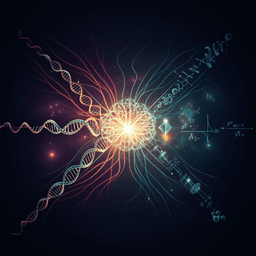
Chemistry
Structured information extraction from scientific text with large language models
J. Dagdelen, A. Dunn, et al.
Unlock the potential of complex scientific knowledge extraction with a simple approach to joint named entity recognition and relation extraction, developed by John Dagdelen and colleagues. Explore how pre-trained language models can be fine-tuned to catalog extensive databases from research papers in materials chemistry.
Related Publications
Explore these studies to deepen your understanding of the subject.







